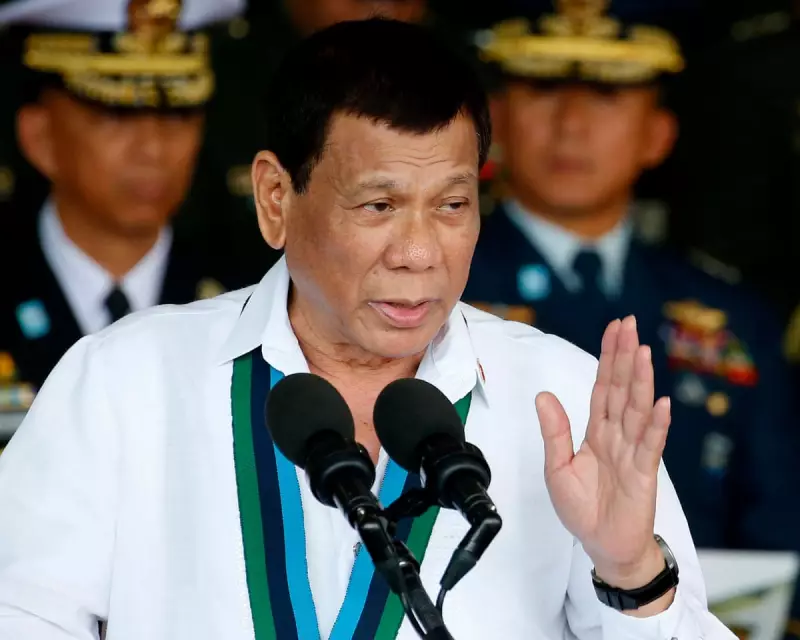
The International Criminal Court has taken a monumental step by formally charging former Philippine President Rodrigo Duterte with crimes against humanity, marking a significant escalation in the international legal battle over his controversial drug war.
A Bloody Legacy Comes Under Legal Scrutiny
The charges stem from Duterte's brutal anti-drug campaign that dominated his presidency from 2016 to 2022. According to official documents, the ICC prosecutor has accused the fiery leader of overseeing systematic attacks against civilian populations through state-sanctioned violence.
Human rights organisations estimate that between 12,000 and 30,000 people were killed during the crackdown, with many victims coming from impoverished communities. The ICC's investigation suggests these weren't isolated incidents but rather a coordinated government policy.
Legal Battle Reaches Critical Juncture
This development comes after years of legal wrangling between the Philippines and the international court. Duterte famously withdrew the country from the ICC in 2019, but the court maintains jurisdiction over crimes committed during the period when the Philippines was still a member.
"This is a watershed moment for international justice," noted a human rights lawyer familiar with the case. "It sends a clear message that even former heads of state cannot escape accountability for alleged atrocities."
What the Charges Mean for Duterte
The former president now faces the prospect of:
- International arrest warrants
- Potential extradition proceedings
- A landmark trial that could set precedents for future cases
- Travel restrictions to ICC member countries
Current Philippine President Ferdinand Marcos Jr. faces diplomatic pressure to cooperate with the investigation, despite his predecessor's ongoing popularity among certain voter segments.
Regional Implications and Global Response
This case has significant implications for Southeast Asian politics and international human rights law. Neighbouring countries with similar anti-drug policies are watching closely as the legal drama unfolds.
The international community has largely welcomed the charges, with human rights groups describing them as long-overdue justice for victims' families. However, Duterte's supporters maintain the drug war was necessary to combat rampant narcotics problems.
As the legal process moves forward, the world watches to see whether one of modern history's most controversial leaders will finally face judicial accountability for his administration's violent policies.






